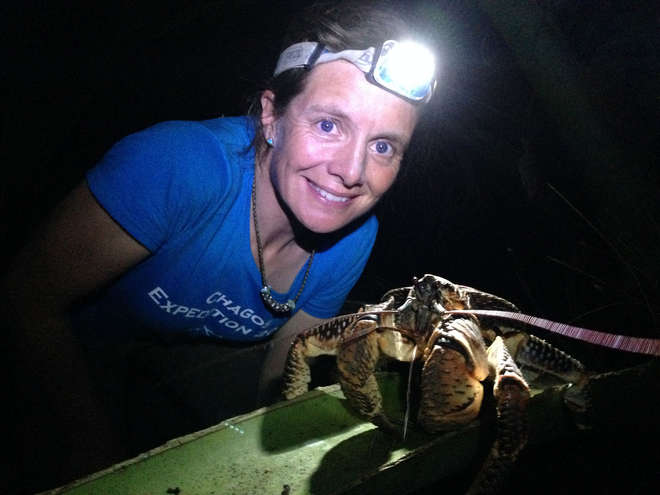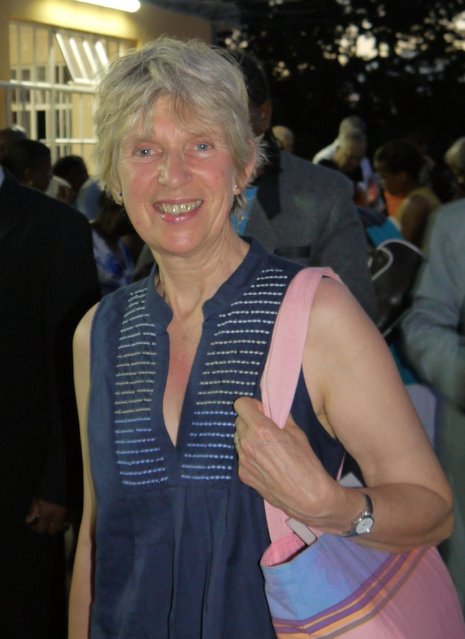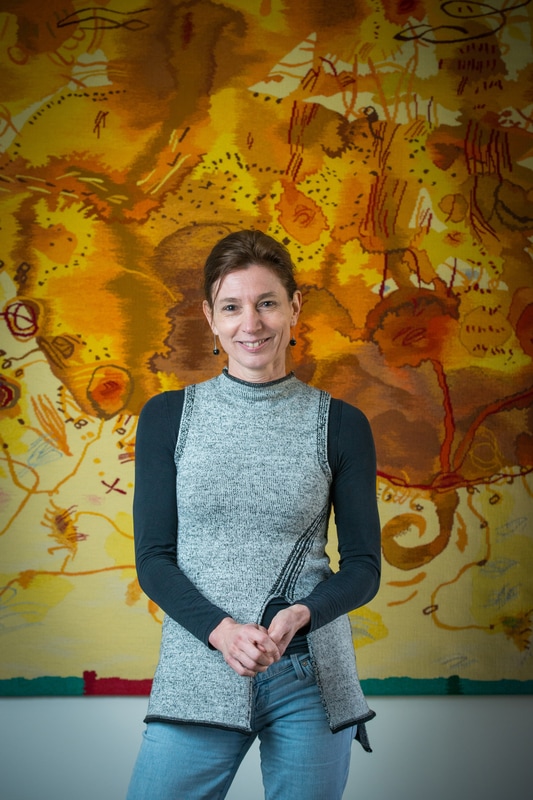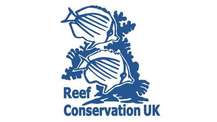Plenary Talks
|
Heather Koldewey
Heather started working for the Zoological Society of London (ZSL) in 1995, initially as a postdoctoral research scientist, then as curator of the ZSL London Zoo Aquarium and currently as Head of Marine and Freshwater Conservation. Heather is an Associate Honorary Professor at the University of Exeter, Cornwall campus. Heather finds solutions through interdisciplinary research and conservation action at the interface between communities and environment. Examples include a) co-founding Project Seahorse www.projectseahorse.org, which is recognised as the world’s leading authority on seahorses; b) developing Net-Works, an award-winning project that has developed a novel community-based supply chain for discarded fishing nets that are recycled into carpet tiles (with Interface Inc. www.net-works.com) addressing issues of marine debris and poverty alleviation in coastal communities; and c) co-ordinating the Bertarelli Programme of Marine Science, an interdisciplinary study of large marine reserves, focused on the Chagos Archipelago. Heather uses collaborative approaches to communicate and engage people in marine conservation, including Project Ocean, a partnership between the luxury London department store Selfridges and ZSL to bring ocean conservation to new audiences and change consumer buying habits http://www.selfridges.com/content/project-ocean and One Less, a campaign to build a more ocean-friendly society through working to make London the first capital city to stop using single-use plastic bottles www.zsl.org/oneless. Heather spends any free time enjoying Cornwall with her family, especially kitesurfing and paddleboarding. |
|
Barbara Brown
After graduating and completing a PhD at Queen Mary College, London Barbara moved to the University of Cambridge as a Junior Research Fellow. It was here that her interest in the tropical seas began with expeditionary work in Papua New Guinea and the British Virgin Islands. After moving to a lectureship at the University of Newcastle her reef interests extended to Thailand, Indonesia and the Maldives through numerous research projects that continue in Thailand to the present day. She was a co-founder of the International Society for Reef Studies (ISRS) and was the first Secretary and later Vice President of the Society as well as Environmental Editor and Editor in Chief of Coral Reefs. In 2014 she was awarded the inaugural ISRS Eminence in Research Award and also a Leverhulme Emeritus Fellowship to study senescence in reef corals. Her research interests have encompassed the bleaching physiology of corals; the roles of environmental factors eliciting the bleaching response; acclimatisation of corals to irradiance and elevated temperature; and long-term patterns of coral growth - studies which have largely arisen from the detailed monitoring of corals over the last 40 years in the Andaman Sea, Indian Ocean. |
|
Madeleine JH van Oppen
Madeleine was originally trained in marine ecology, developed as an ecological geneticist post-BSc and began to study corals in 1997 and coral-associated microorganism in 2000. Her microbial studies were initially limited to the dinoflagellate endosymbionts of corals, but in the past 5+ years she has ventured into the study of other microbial groups that inhabit corals, including prokaryotes, viruses, and most recently, fungi. Madeleine’s current research focuses on the field of coral reef restoration, in particular the development of coral stock better able to cope with disturbed environments and predicted future ocean conditions. This includes the manipulation of microbial communities associated with corals, laboratory evolution of algal endosymbionts, selective breeding of corals, and the conditioning (i.e., transgenerational acclimation) of corals to predicted future ocean conditions (i.e., assisted evolution). She is now also exploring synthetic biology as an approach to increase climate resilience of corals. Madeleine completed her PhD on the molecular biogeography of seaweeds at the University of Groningen (Netherlands) in 1995, and subsequently conducted postdoctoral positions at the University of East Anglia, UK (Speciation in Cichlid fishes), and James Cook University, Australia (Molecular relationships in the coral genus Acropora, and Genetic diversity and specificity of acroporid coral-dinoflagellate symbioses). In 2001, she took up a position at the Australian Institute of Marine Science (AIMS), Townsville. She commenced as a professor in the School of BioSciences, University of Melbourne, in 2015, while still maintaining a part-time position as Senior Principal Research Scientist at AIMS. In her presentation at ECRS 2017, she will present results from the various assisted evolution/synthetic biology approaches that are being examined in her research group with the aim to increase climate resilience in corals. This will include data on rapid laboratory evolution of thermal tolerance in Symbiodinium, the performance of interspecific hybrid corals under future predicted temperature and pCO2 conditions, and the manipulation of coral prokaryotic communities via specific inoculations. |




